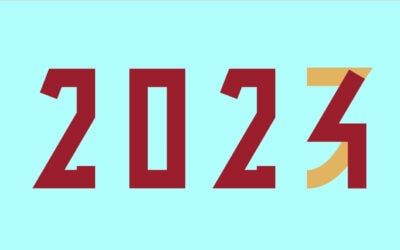I learned a new term today, véjà du. As we all know (didn’t I write a posting about this earlier?) déjà vu (or paramnesia) from the French meaning “already seen” describes the experience of feeling that one has witnessed or experienced a new situation previously. It has also been called “a glitch in the matrix! 🙂
In contrast to this, a véjà du experience is about looking at a familiar situation but with fresh eyes, as if you’ve never seen it before. So if déjà vu is about making the strange look familiar, véjà du is all about making the familiar look strange! A wonderful phrase… one that makes perfect sense the moment you hear it.
I heard this term on a podcast by Bob Sutton who credits it to George Carlin. A website here also attributes it to Bill Taylor. Sutton in his talk provided a great example of véjà du, which I looked up and found more about here and I quote:
A famous statistician, Abraham Wald, was asked during World War II to help out the Air Force. A lot of bombers were being shot down over Germany, and they wanted to reinforce the planes with armor. You can’t put armor everywhere, because the plane would be too heavy to get off the ground. So where, Abraham Wald, was asked, should you place the armor? They had records of where the planes returning from Germany had been shot at, because there were big gaping holes. So Dr. Wald started tallying things like the planes that returned with holes in the left wing and the planes that returned without holes in the left wing. It soon became apparent what to do, because the data represented only two of the four groups. There was no data on bombers that didn’t return from Germany. So Dr. Wald noted the few areas of the bombers where holes were NEVER found. These were the areas that needed heavy armor, because any bomber hit in those areas must not have been able to make it back to England.
You can find a brief biography of Abraham Wald here




Actually, what Carlin said was, it’s that feeling you get when you’re somewhere and you suddenly realize you’ve never been there before. I like what you wrote though!
Actually, it pre dates Carlin. I first saw it in a British University Rag mag( a magazine constructed with all manner of jokes during “rag week” to make money for charity.
It’s explanation was a joke: “Deja Vu” as is rightly pointed out means the vague feeling you have already seen something. “Veja Du” is when you KNOW you have already seen something and you cannot believe it is f*****g happening again!!
I love the obscure reference to George Carlin.
Nice!!
I am excited to be taking CEP818 this semester. I had never heard of veja du, but as kids, my friends and I called it vuja de. It meant the same thing, or maybe it was a name we applied to a completely novel situation.